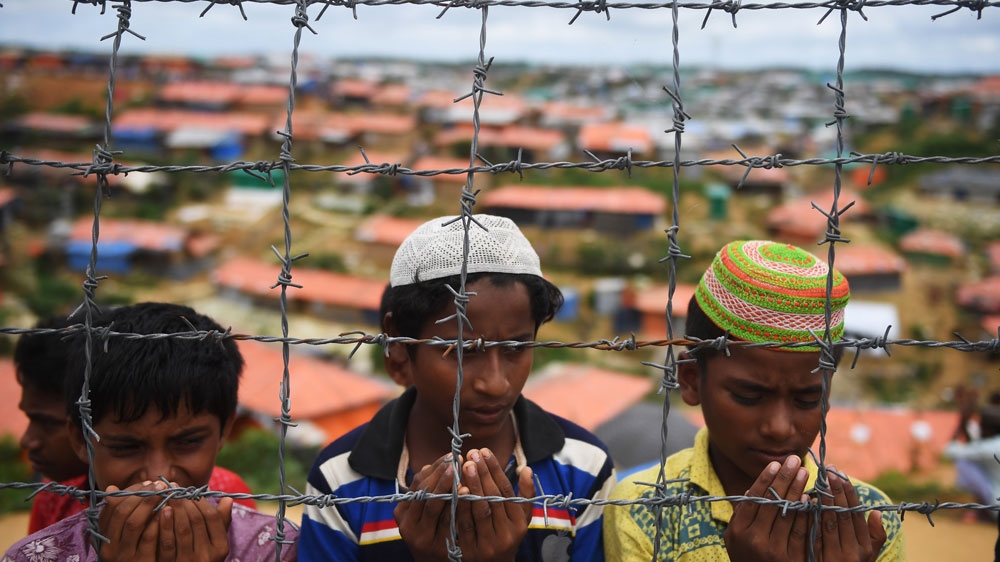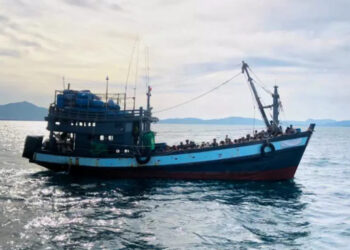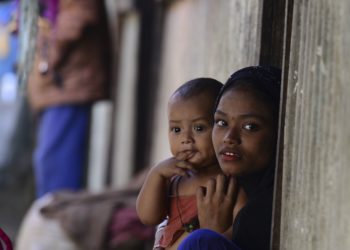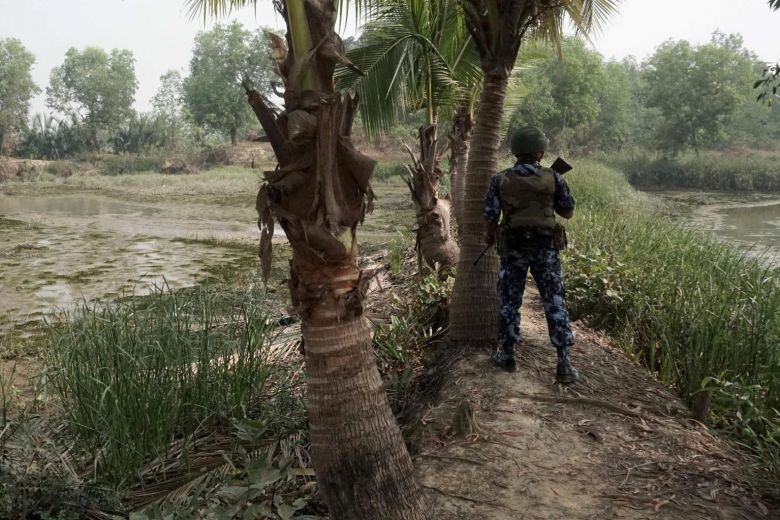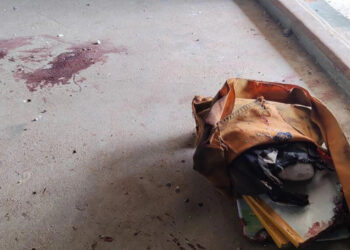Rohingya Muslims remaining in Myanmar’s Rakhine state still face a “serious risk of genocide,” U.N. investigators said earlier this month. They warned that the repatriation of a million already driven from the country by the army remains “impossible.”
Myanmar’s authorities, however, have declared Rakhine state safe enough for Rohingya refugees that fled to neighboring Bangladesh to return.
Sadly, the authorities of Bangladesh appear increasingly willing to accept Myanmar’s assurances that now is a suitable time to begin the repatriation. This fails to understand the cause of the crisis and risks further harm to the vulnerable, maligned Muslim community.

Conditions for Rohingya within Myanmar continue to be so perilous that only the extremely brave or extremely foolish would dare to return. As the U.N.’s investigators outlined, hundreds of Rohingya villages have been razed by fire, much physical evidence of long-term Rohingya residence has been erased, apartheid conditions that have contributed to decades of appalling human rights abuses remain in place, and more than 120,000 Rohingya civilians are imprisoned in concentration camps.
What is urgently needed is a significant change of policy and practice within Myanmar. The responsibility lies with Myanmar’s civilian authorities led by Aung San Suu Kyi and the military.
Lack of International Pressure
Myanmar’s official strategy towards the Rohingya has changed little over the last decades: the government and military brutalize Rohingya civilians, creating conditions that the International State Crime Initiative has rightly described as “genocide.”
These appalling rights abuses have contributed to four large-scale forced deportations of Rohingya to Bangladesh since the 1970s. But despite this, there is little meaningful international pressure on Myanmar to change.
Strong evidence suggests that genocide and other crimes against humanity continue to be committed, but has not yet resulted in any significant sanction for Myanmar’s government, its leaders or military, although some limited travel bans have been placed on senior military figures and a handful of military-connected social media accounts have been shut down. These penalties are unlikely to prevent future human rights violations or deter similar criminality elsewhere. Without genuine, meaningful international pressure, we ought to expect little change to Myanmar’s approach.
Bangladesh’s frustrations with this situation are understandable. The large temporary Rohingya refugee population living in its territory increasingly appears to become semi-permanent because their former homes in Myanmar are unsafe to return to, while the U.N.’s Joint Response Plan covering the costs of food, water, shelter, sanitation, and medical care is significantly underfunded.
Repatriation of Rohingya Refugees
The Rohingya refugee population is frustrated too and collectively refuses to be repatriated until their safety can be guaranteed. The first group was scheduled to return in August, but not a single refugee was prepared to voluntarily board a bus and face the genocidal conditions that exist for them in Myanmar.
Rohingya have similarly been reluctant to be moved from their refugee camps close to the Myanmar frontier and have resisted Bangladesh’s plan to relocate 100,000 to Bashan Char, a recently emerged mud island, far off the coast and described by Human Rights Watch as an “island prison.”
Bangladesh is creating island prison camps for Rohingya refugees. Refugees will be relocated to an offshore island known for severe flooding and cyclones. Human rights groups have denounced the plan, calling it a “humanitarian disaster in the making.” https://t.co/LsWrwQ9GQc
— Samirah (@SameeraKhan) November 29, 2018
The international media was made aware of the Rohingya’s frustration in August when around 200,000 Rohingya gathered in Kutupalong refugee camp, the world’s largest, for a peaceful rally to commemorate the second anniversary of the 2017 forced exodus.
This event represented peaceful yet assertive Rohingya politics – letting the global community know that they want a safe future, with an end to the genocide that has been perpetrated against them for decades, and with their Myanmar citizenship rights acknowledged.
But host countries do not always look fondly on politically assertive refugees, and Bangladesh’s government responded by sacking the official that approved the gathering and imposing restrictions on Rohingya access to telecommunications. There is now an effective communications blackout throughout the camps, severing a vital link with family members, humanitarian actors, and the outside world.
On the pretext of keeping out traffickers, Bangladeshi authorities have also begun erecting barbed wire fencing around some camps. These actions send a strong signal that future public gatherings and assertive rights claims are unlikely to be welcomed and might come with the risk of punishment.
There is now strong implied pressure from Bangladesh’s government for Rohingya to be more compliant with government demands including for their transport to Bashan Char, and to potentially accept unsafe repatriation to Myanmar.
Wrong Message
Deeply troubling is that it seems out of their frustration with official Myanmar’s recalcitrance, the government of Bangladesh has turned its attention towards the Rohingya refugees themselves.
Blaming the Rohingya for their situation is entirely the wrong approach and allows Myanmar to continue mistreating minorities without consequence. It also sends a strong message to other countries who might similarly abuse minority populations that it is possible to deflect blame onto the minorities themselves.

There is already disturbing evidence that other regional actors have taken note of how Myanmar mistreated and forcibly deported its Rohingya minority without any meaningful international consequences or sanction. The Indian government’s citizenship registration process in Assam state, which shares a border with Bangladesh, has been criticized for creating a stateless population of close to two million people. The question of what India’s government intends for them is not yet fully clear but the construction of ten new detention camps indicates that mass incarceration of civilians might be on the cards.
Bangladesh’s Hardline Approach
Bangladesh’s newfound hardline approach is both unhelpful and misguided because it assumes responsibility for the Rohingya’s residence in Bangladesh lies with the Rohingya themselves rather than with Myanmar’s authorities who have created unsafe conditions. The fault lies with Myanmar’s military and government that continue to allow apartheid conditions to exist within Rakhine state. That is where the pressure should be applied.
A blanket ban on military sales to Myanmar, targeted sanctions that prevent trade with military-connected companies, holding perpetrators of crimes against humanity to account through international legal frameworks, and committing to fully fund the Rohingya Joint Response Plan would be a good start.
Doing this without blaming Rohingya refugees for their situation would be a better one.
Disclaimer: The views and opinions expressed here are those of the author and do not necessarily reflect the editorial position of The Globe Post.

